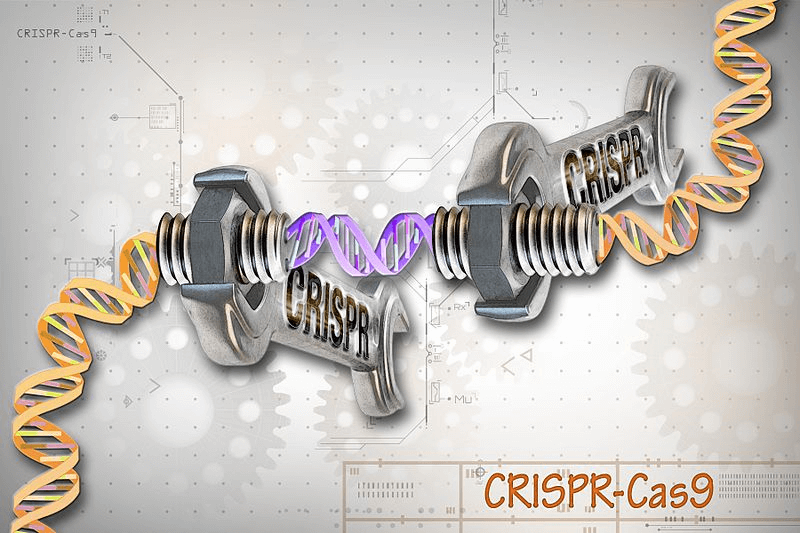Following on the heels of the initial clinical trial results, the first agricultural applications using Crispr have recently entered the market: A US Food and Drug Administration–approved edit to cattle genes re-creates a slick coat that is occasionally found in nature and allows cows to tolerate increasing temperatures; a Crispr-edited tomato, approved for sale in Japan, has enhanced nutritional qualities. In other crops, Crispr is being used experimentally to increase yield, reduce pesticide and water use, and protect against disease.
The next space for Crispr innovations will be climate change, the defining fight of our times. In 2023, bold new efforts using Crispr to target climate change will begin.
First, new research aims at reducing carbon emissions from agriculture. Agriculture is responsible for about a quarter of all greenhouse gas emissions, and these mainly come from microbes found either in soil, for example in rice paddies, or in the guts of farm animals. This new research is focusing on how to use Crispr to edit these microbes or shift the composition of microbial communities to reduce or even eliminate greenhouse gas emissions.
Second, we are finding ways to improve the inherent ability of plants and microbes to capture carbon and store it in the soil.
Third, we are developing new ways to minimize farmer inputs like fertilizers and pesticides that have high carbon costs, as well as other environmental health costs.































